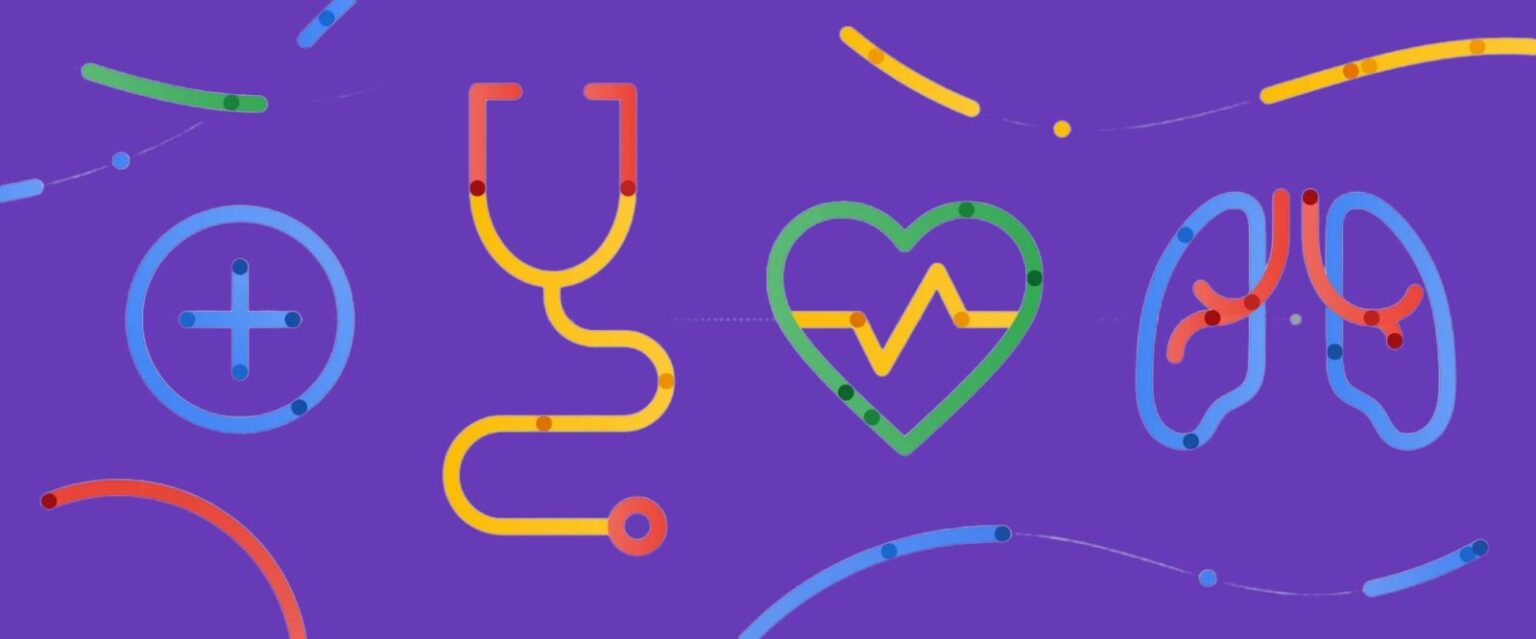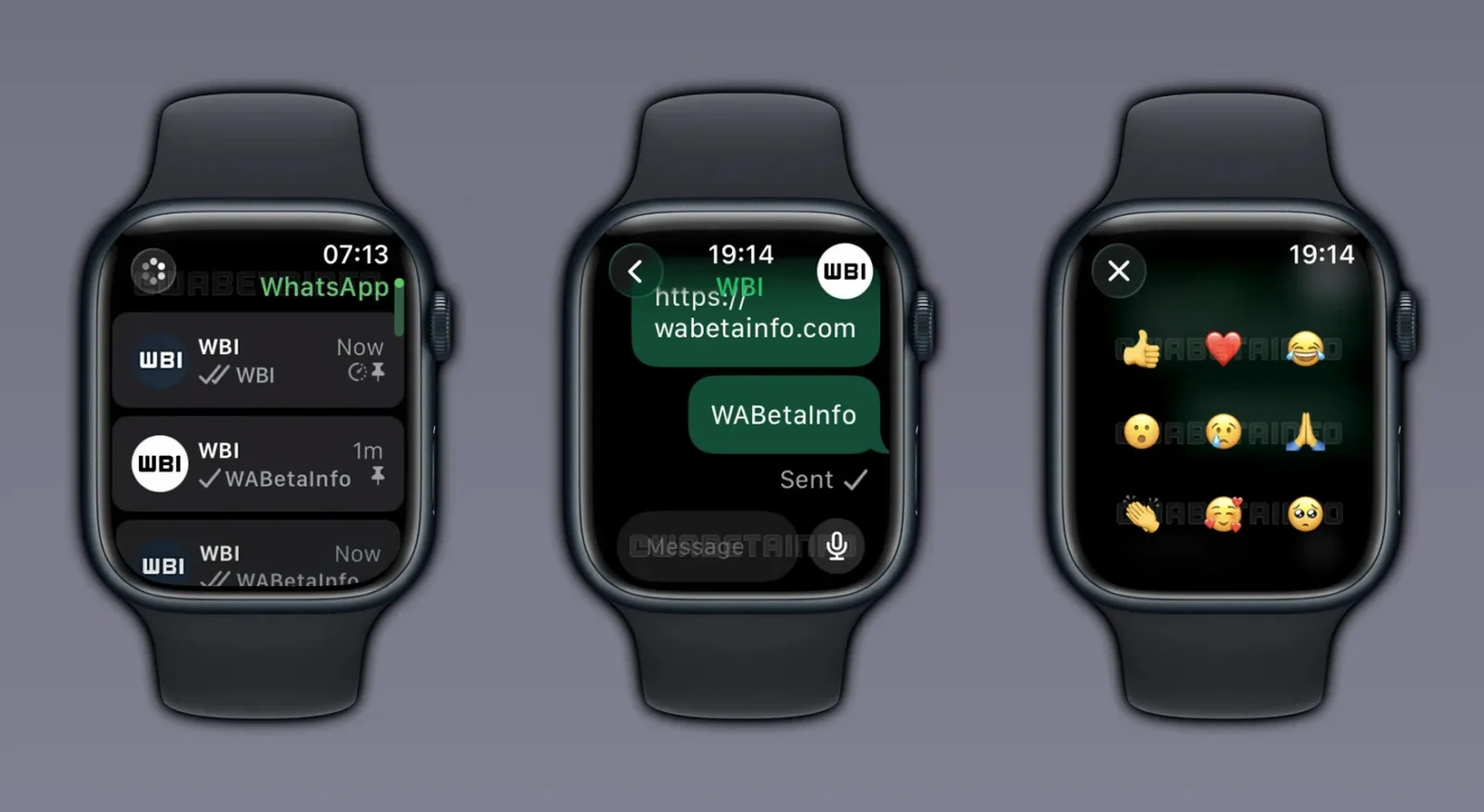Google is rapidly accelerating its ambitions in healthcare AI, demonstrating remarkable potential for personalizing wellness, aiding clinicians, and streamlining critical tasks. At its annual The Check Up event, the tech giant showcased groundbreaking advances leveraging generative AI, large language models (LLMs), and more to reshape patient care and the industry itself.
The Rise of AI-Powered Personalized Coaching
Fitbit, now owned by Google, is unveiling a transformative health initiative centered around a personal health LLM. This model, refined from Google’s Gemini AI family, will act as a virtual coach tailored to individual Fitbit and Pixel users. Drawing on comprehensive health and fitness data, it will provide actionable advice and guidance, aligning with each user’s unique goals.
Imagine an AI coach capable of recognizing fluctuations in your sleep cycles and recommending workout modifications for optimal recovery. Or analyzing your exercise intensity and suggesting ways to manage stress – all based on your specific metrics. This deeply personalized approach echoes the support of a real-world coach, accessible anytime. Google emphasizes that the model is being thoughtfully designed, trained on carefully curated health data, to uphold responsible AI practices.
Supporting Clinicians with AMIE
Google has introduced AMIE (Articulate Medical Intelligence Explorer), an innovative AI system built on an LLM and honed for diagnostic reasoning and clinical conversations. The focus here is on empowering clinicians. AMIE can hold empathetic dialogues with patient actors in simulated scenarios, seeking contextually appropriate questions to reach diagnoses. While these studies are early-stage, AMIE performed on par with or better than primary care physicians in these simulations, showcasing its potential.
Google intends to evaluate AMIE in real-world healthcare settings, exploring whether such technology can truly enhance care for both clinicians and patients. This represents cutting-edge research, pushing the boundaries of assisting medical decision-making.
Gemini: The Backbone for Healthcare AI
The core of these advancements lies in Google’s Gemini family of models. These AI powerhouses are continuously refined for the healthcare realm. One version of Gemini achieved remarkable scores on benchmark exams like the USMLE and tasks like analyzing medical videos. This underscores its medical knowledgebase, laying a foundation for even more complex AI tools.
Google is pushing Gemini’s capabilities further. The model’s strength in handling large volumes of information, understanding context, and processing different data modalities is paramount. Medicine, after all, relies on the interpretation of various sources – images, notes, records, and lab results. With Gemini’s refined abilities, imagine the model aiding radiologists by spotting errors in reports, assisting with drafts, or generating complex analyses for various scans. This offers a glimpse of AI’s assistive power.
Challenges and Opportunities Ahead
Google’s healthcare AI initiatives are not without hurdles. Questions of data privacy and security remain paramount. With such sensitive information involved, ensuring patient data protection is a non-negotiable priority. Moreover, as AI’s decision-making capabilities grow, establishing clear accountability and ethical frameworks becomes critical.
Nonetheless, the possibilities are thrilling. If done responsibly, AI’s power to revolutionize preventative care, early disease detection, and tailored treatment plans holds the potential to extend and improve quality of life on a massive scale. Google’s contributions, alongside those of other innovators in the space, will drive vital discussions and guide how these technologies shape the future of medicine.







